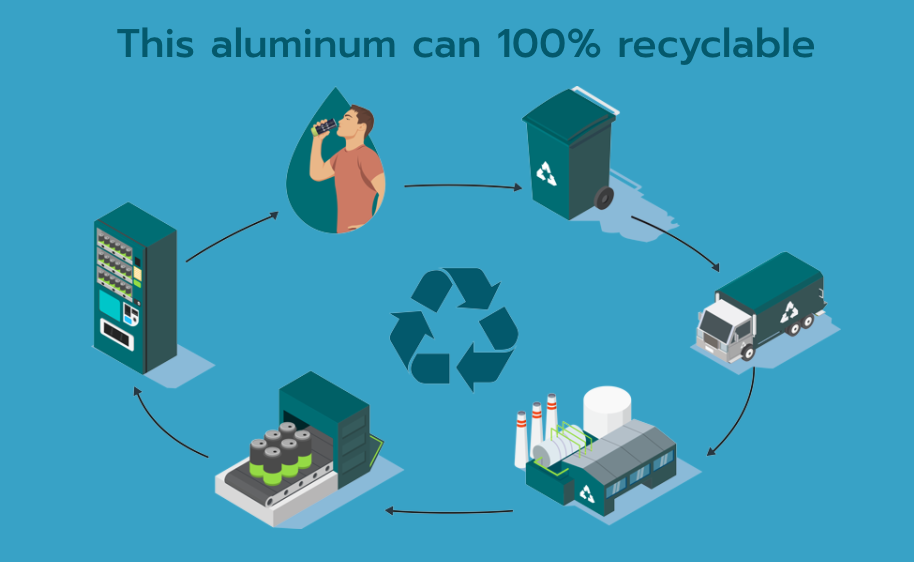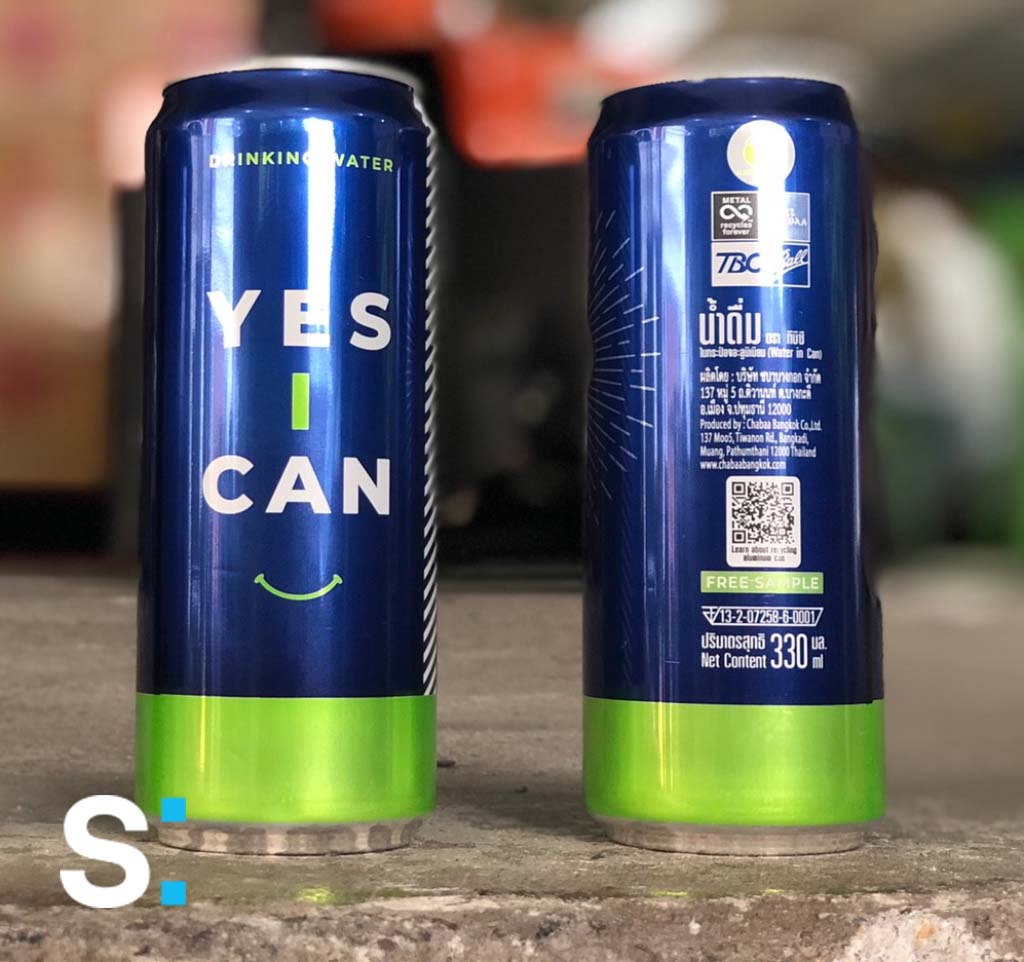Anti-plastic sentiment is at an all-time high. An annual list recording wildlife deaths due to plastic waste in Thailand includes over 300 endangered marine animals and the numbers get worse when you add in creatures dying as bycatch in fishing equipment. These are the statistics that have a quick, emotional effect on us. Global statistics on death caused by marine pollution on a worldwide scale aren’t just worse. They’re staggering.
Many brands are shifting away from using single-use plastics either because they’ve recognized it’s the right thing, because they are compelled to by legislation, or regardless of any other reasons as a way to manage sentiment. International convenience store chain 7-Eleven is one of those brands. With almost 70,000 stores in 17 countries, they are one of the largest retailers in the world. In 2019, 7-Eleven rolled out a ban on single-use plastic bags in Japan, Singapore, and Thailand. They are far from alone in their decision. Other retailers, brands, and governments are taking executive action to ban polluting plastics that go beyond just plastic bags. In the United States, California, New York, Hawaii, and at least 5 other American states, there are already bans on single-use plastic bags. Federal governments have also created ban laws. Canada and the European Union are making single-use plastics illegal for all their states this year (2021). Hundreds more international businesses and organizations signed an agreement with the Ellen MacArthur Foundation to create a global circular economy. That agreement is unique in that it supports the continued use of plastics. Yet, it specifically aims to eliminate the harmful disposal and dumping of those plastics.
Plastic waste and the pandemic
On the 17th of April, 2019, the most senior members of the government of the Kingdom of Thailand approved “The Roadmap on Plastic Waste Management 2018-2030” to reduce and stop the use of single-use plastics and replace them with environmentally friendly materials. Then the Covid-19 pandemic began. Efforts to maintain health and safety quickly reversed trends that were meant to encourage more sustainable packaging. A sharp increase in single-use plastics from gloves, bags, beverage bottles, and innumerable disposable items turned back the clock on the progress made.



Three companies saw a need for action: Thai Beverage Can (a Joint Venture with Ball Corporation), Chabaa, and Little Big Green. In early 2020, they created the “YES I CAN” initiative. “Yes I Can” promotes the sustainable packaging characteristics of simple aluminum can to improve and counter activities that pollute the environment.
Although aluminum cans are standard for soft drinks, beer, and energy drinks, they are certainly just as viable for pure drinking water. Because drinking water is more often than not packaged and delivered in plastic bottles, pushing to move water in aluminum cans serves to demonstrate an alternative model where less plastic is being used, to begin with. The existing circular economy infrastructure receives the cans at a high rate. This is one of the purposes that cans have been exceptionally well designed.
Thai Beverage Can, Chabaa, and Little Big Green collaborated to provide 50,000 aluminum cans of water to the Thai Red Cross Disaster Operation Center in May 2020. The Red Cross program is under the patronage of Her Royal Highness Maha Chakri Srindhorn. It includes a mobile kitchen distributing 1,200 meals per day for Thai and migrant workers affected by the pandemic.
QR codes and Covid-19 relief efforts
Like the three Thai companies that founded the “Yes I Can” project, Scantrust also saw a clear opportunity to contribute to the Covid-19 relief efforts. By preparing dynamic QR codes for the “Yes I Can” aluminum cans and using our connected packaging platform, we supported this campaign by adding a digital layer to the “Yes I Can” program. While the water consumed helps people in need of clean, portable – and potable – water, Every QR code scan increased awareness about how aluminum cans help keep plastic out of our oceans and environment. Healthcare workers and program administrators were also given a metric by which to measure the results of the campaign and improve on similar efforts, as each scan provides data about how people are using the cans.


In this small way, Scantrust promotes sustainable packaging applications and supports the all-important efforts of the front-line health workers in Thailand.

